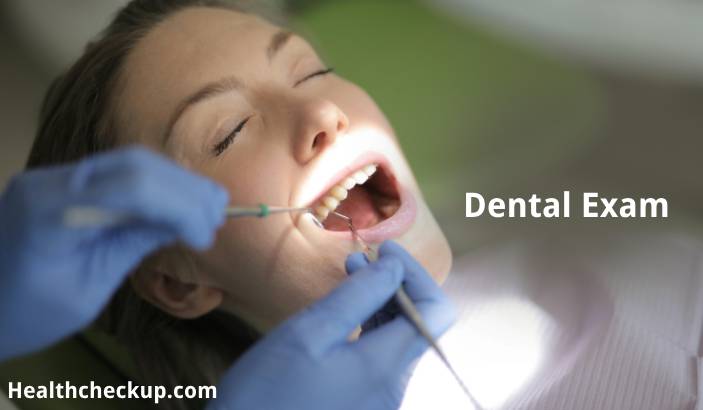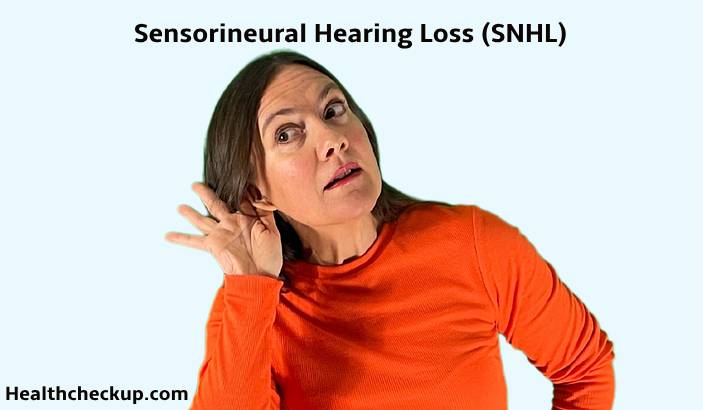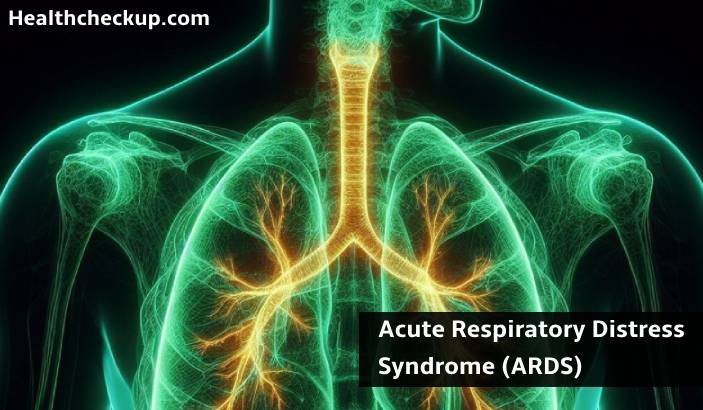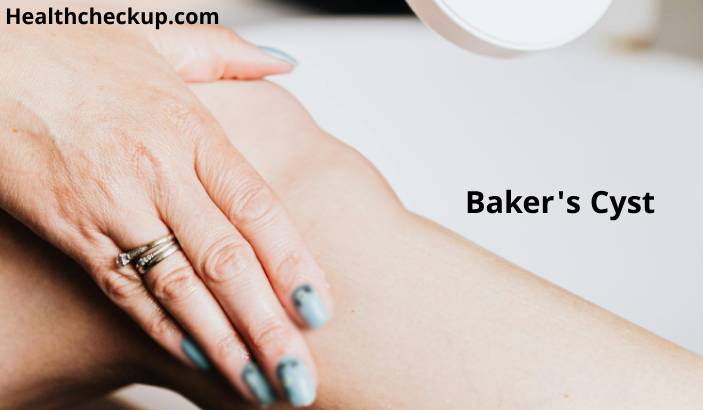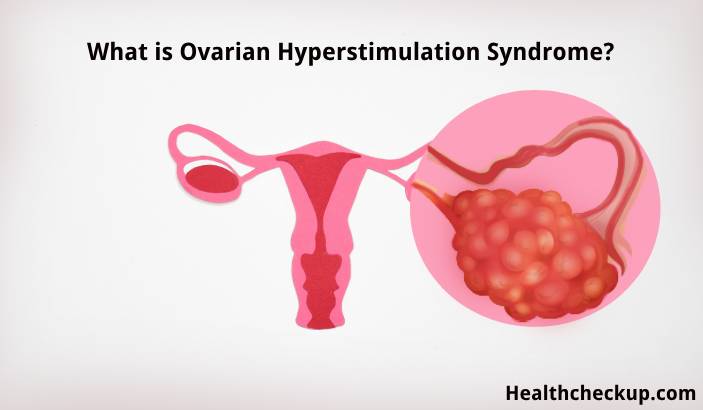Regular dental exams are crucial for maintaining oral health and early detection of potential problems. These exams are more than just checking for cavities; they’re comprehensive reviews of your entire oral health status, including gums, teeth, and other tissues. This article delves into the reasons for dental exams and outlines what patients can expect during their visit to the dentist.
Why is a Dental Exam Done?
- Early Detection of Dental Issues: Regular exams help in catching problems like tooth decay, gum disease, and even oral cancer at early stages when they are more treatable.
- Prevention of Oral Diseases: Dentists provide advice on dental care techniques and preventive practices to avoid serious dental issues.
- Assessment of Oral Hygiene: The exam evaluates the effectiveness of the patient’s oral hygiene practices and offers the opportunity to improve them through professional advice.
- Check on Previous Dental Work: Dental exams are used to monitor the condition of fillings, crowns, bridges, and other treatments to ensure they remain effective and intact.
- Oral Cancer Screening: A crucial part of the exam involves checking for signs of oral cancer, an often deadly condition that is highly treatable if caught early.
What to Expect During a Dental Exam
A dental exam can vary slightly from one dental office to another, but certain fundamental aspects are common across all exams. Here’s what you can typically expect:
- Medical History Review:
- Updating Records: The dentist will ask about recent medical conditions or changes in health, as these can affect your dental health and the choice of treatment.
- Discussion of Medications: It’s important to discuss any new medications since some can influence oral health, such as reducing saliva flow which increases the risk of tooth decay.
- Visual Examination:
- Teeth Check: The dentist will check for cavities, plaque, and tartar on every tooth.
- Gum Health: Using a special tool to measure the depth of the spaces between your teeth and gums, the dentist assesses the health of your gums.
- Examination of Other Oral Tissues: Checking the tongue, throat, face, head, and neck for signs of trouble, swelling, or cancer.
- Dental Cleanings:
- Plaque and Tartar Removal: Even with regular brushing and flossing, plaque and tartar can develop especially in hard-to-reach areas. Cleaning will involve removing these deposits.
- Polishing Teeth: After tartar removal, teeth are typically polished to remove surface stains.
- Flossing: Finally, your dental professional might floss to remove any leftover plaque or toothpaste from earlier in the cleaning process.
- Diagnostics:
- X-rays: Depending on your age, symptoms, and disease risk, the dentist may recommend X-rays to diagnose problems otherwise unnoticed, like impacted teeth, abscesses, or jawbone damage.
- Other Diagnostic Procedures: Occasionally, other tests might be necessary, such as 3D imaging or scans to evaluate jaw joint health.
- Treatment Planning:
- Immediate Issues: If any urgent dental issues are found, the dentist will discuss the immediate steps to treat them.
- Long-term Plan: For ongoing care, a comprehensive treatment plan is developed, which might include further diagnostics, follow-up visits, and recommendations for future treatments.
- Education and Advice:
- Oral Hygiene Tips: The dentist will provide advice on improving brushing and flossing techniques.
- Dietary Suggestions: Recommendations on foods to avoid and foods that are beneficial for good oral health.
- Preventive Measures: Information on additional preventive measures such as dental sealants or fluoride treatments if appropriate.
Risks Associated with Dental Exams
- Minimal Risks: Dental exams are generally safe. The primary risk involves discomfort during cleaning or the diagnostic process, especially if there are existing oral health issues.
- Allergic Reactions: Rarely, patients might have an allergic reaction to materials used during the exam, such as latex or certain types of dental x-ray films.
- X-ray Exposure: While dental X-rays involve low radiation levels, they still require proper shielding and should be conducted judiciously.
Dental exams are a fundamental component of oral health care, essential not just for maintaining the aesthetics of one’s smile, but more importantly, for preventing serious dental and general health issues. These exams are comprehensive, involving evaluation, cleaning, and planning for future oral health needs. Understanding what to expect during a dental exam can make the experience less daunting and more beneficial, allowing patients to actively participate in maintaining their oral health. Regular dental visits, as recommended by a dentist, play a pivotal role in ensuring long-term dental health and overall well-being.
I specialize in writing about health, medical conditions, and healthcare, drawing extensively from scientific research. Over the course of my career, I have published widely on topics related to health, medicine, and education. My work has appeared in leading blogs and editorial columns.


